The 19th round table meeting of the China Economic and Social Council (CESC) and the European Economic and Social Committee (EESC) was held in Beijing on Tuesday.
During the meeting, which focused on promoting the sustainable development of China-EU economic cooperation and strengthening the partnership in the circular economy, delegates from the CESC and the EESC identified environmental protection as a cornerstone of China-EU cooperation, highlighting the vital role and significant potential of the partnership in advancing green transition and sustainable development.
As a platform for bilateral civil exchanges, the China-EU round table has convened 18 times since its establishment in 2007 and focused on addressing economic and social issues of mutual concern. This year's meeting marked the first in-person gathering in five years. The previous meeting was held virtually in 2021.
Wang Dongfeng, president of the CESC, highlighted that the round table mechanism serves as a key platform for fostering cooperation and communication.
"It has made significant contributions to China-EU relations," he said, adding that the dialogue also serves as a prelude to the 50th anniversary of China-EU diplomatic ties next year.
Oliver R pkem, president of the EESC, emphasized the shared commitment of China and the EU to building a fair and resilient global economy and their joint contributions to global governance. He noted that the round table mechanism is instrumental in fostering dialogue and mutual understanding between the two sides.
"EU-China cooperation is essential for addressing global challenges," R pkem said, highlighting opportunities for collaboration in renewable energy, green industries, circular economy and digital transformation.
Expertise and best practices in circular economy development were exchanged during the meeting, covering regulatory frameworks, technology, research and innovation.
While the EU's circular economy sector began early and has developed rapidly, the scale of China's resource recycling industry surpassed four trillion yuan ($549 billion) in 2023, said Zhu Liebin, a member of the CESC.
"Developing circular economy is a shared interest for both sides," Zhu said.
"The EU-China partnership in the circular economy sets a good example for the world," said Jorge Toledo, EU ambassador to China.
The resumption of in-person exchanges underscores the significance of people-to-people engagement in strengthening bilateral relations, noted Jorge Toledo.








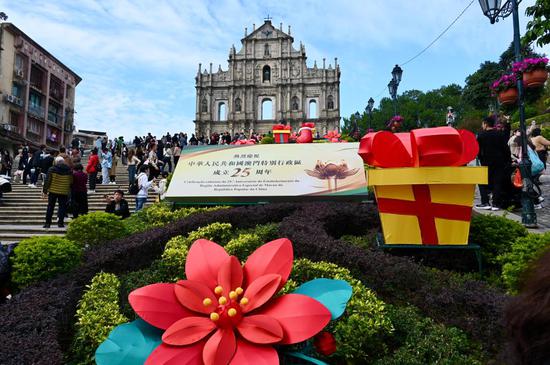
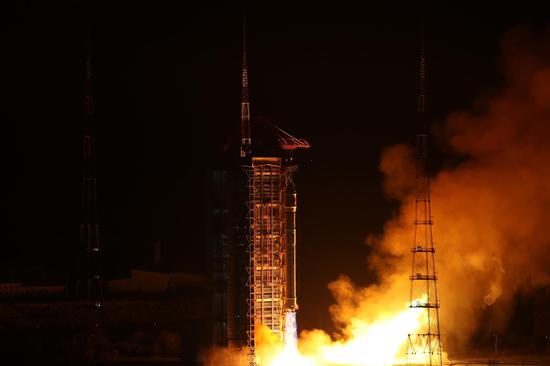


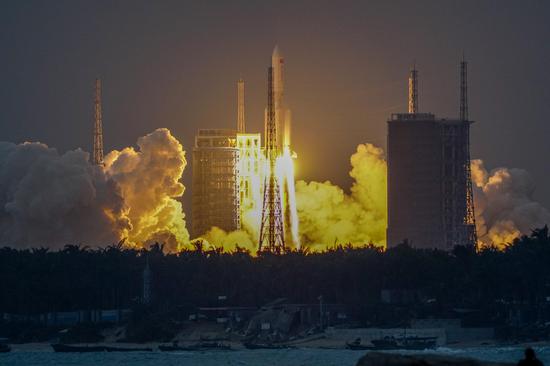



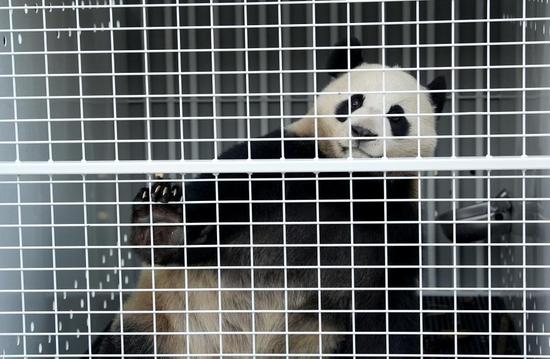

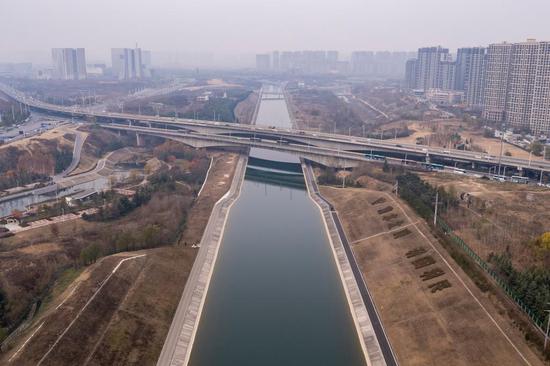


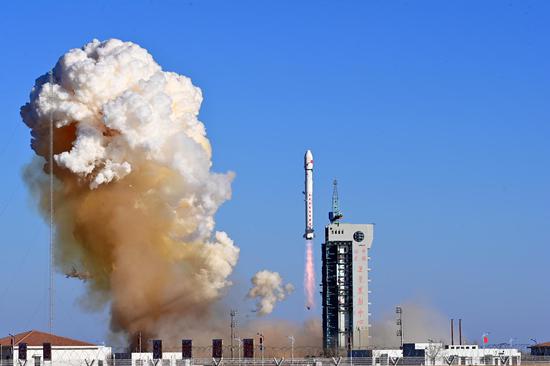
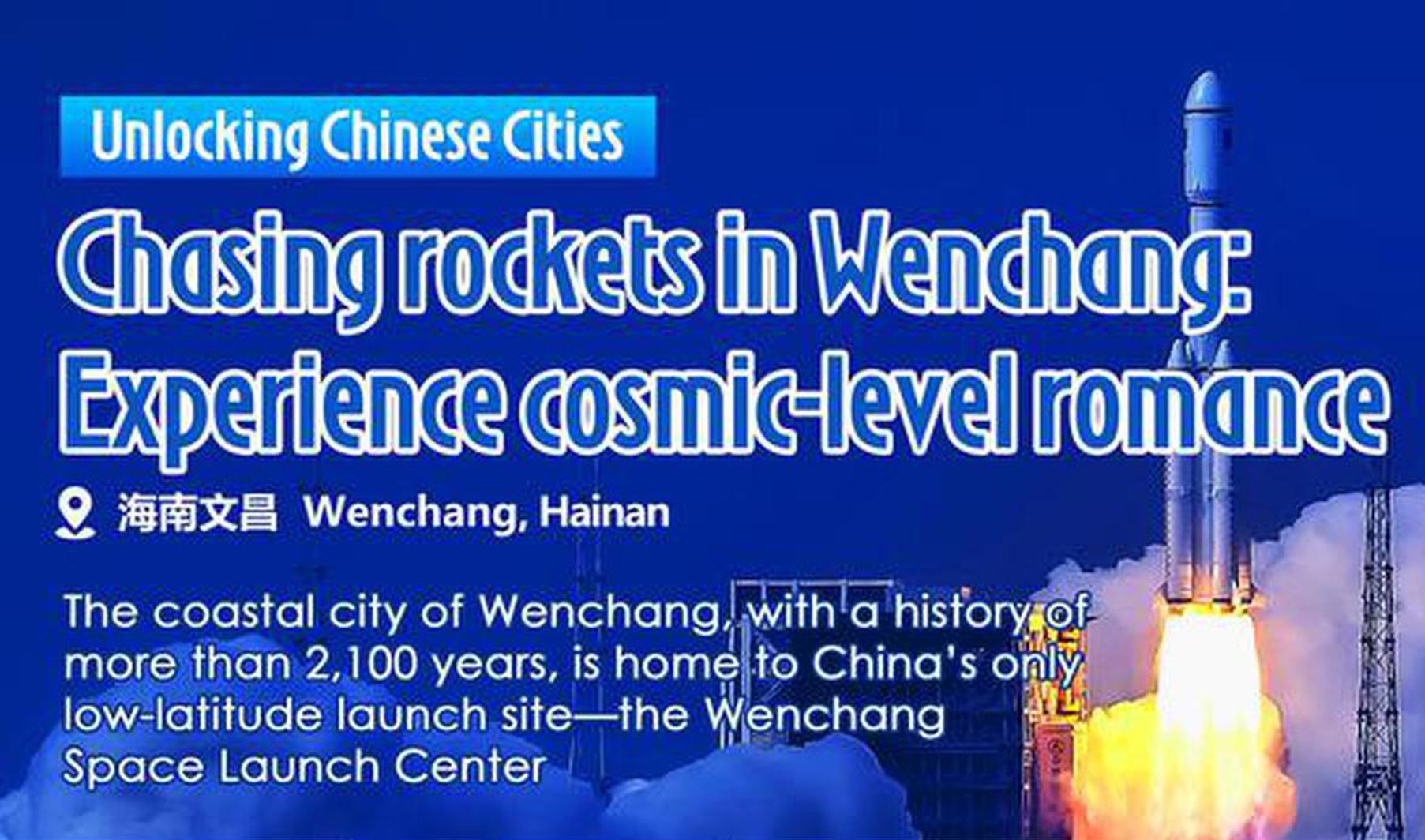


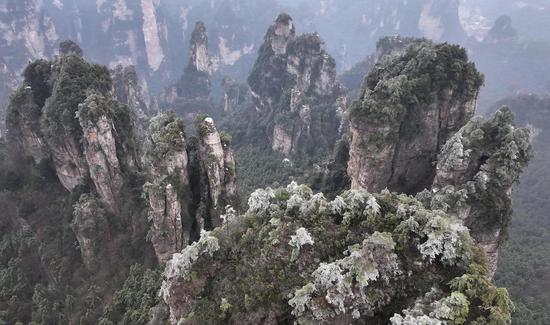


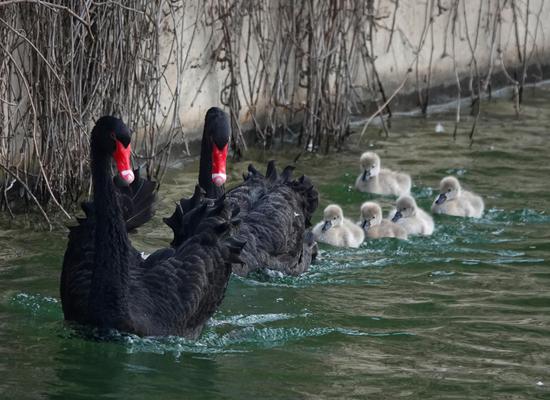
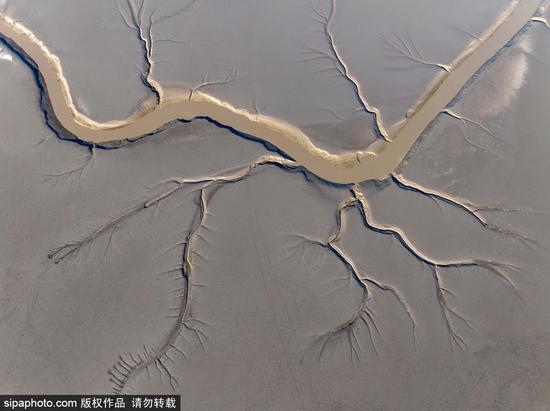
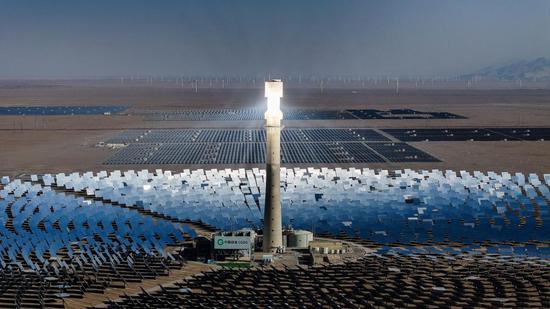

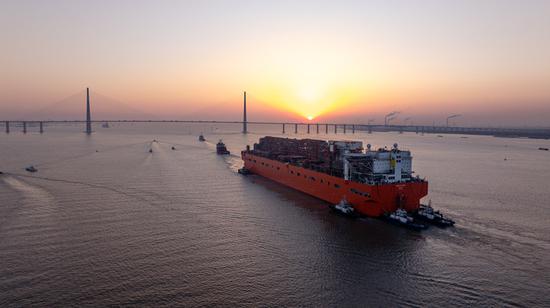

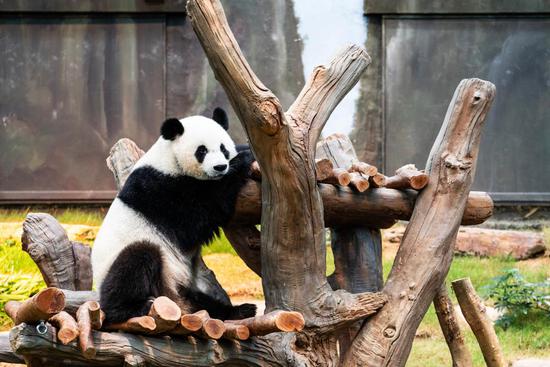



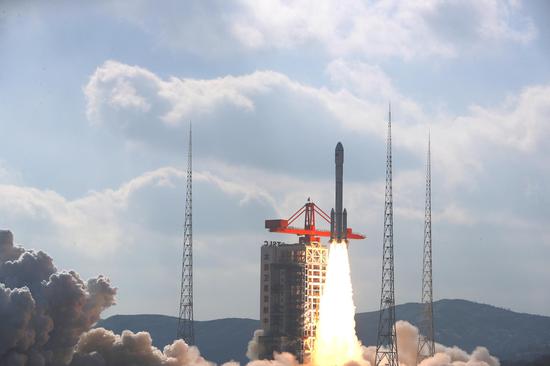



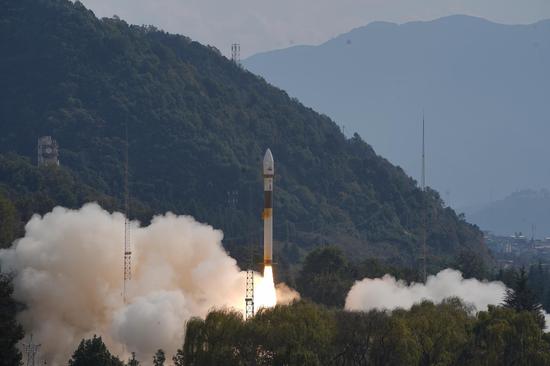
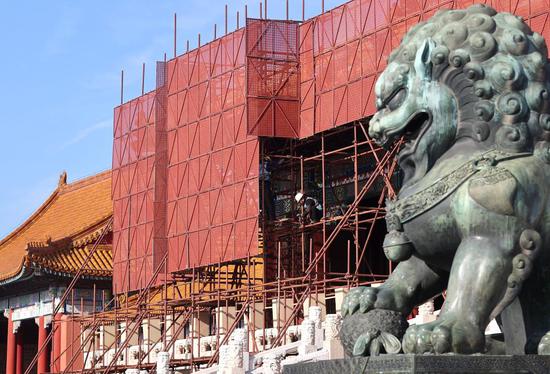
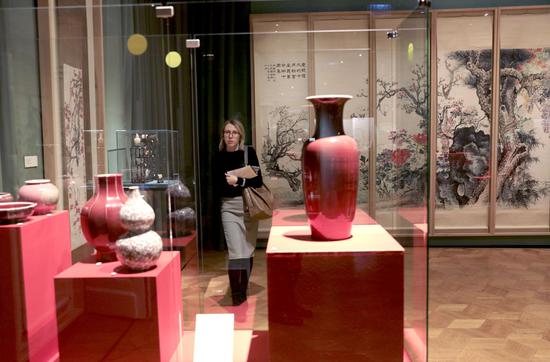



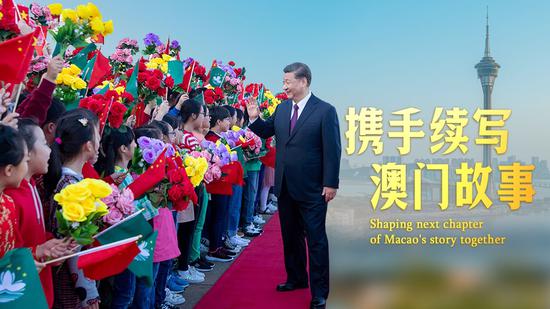

 京公网安备 11010202009201号
京公网安备 11010202009201号